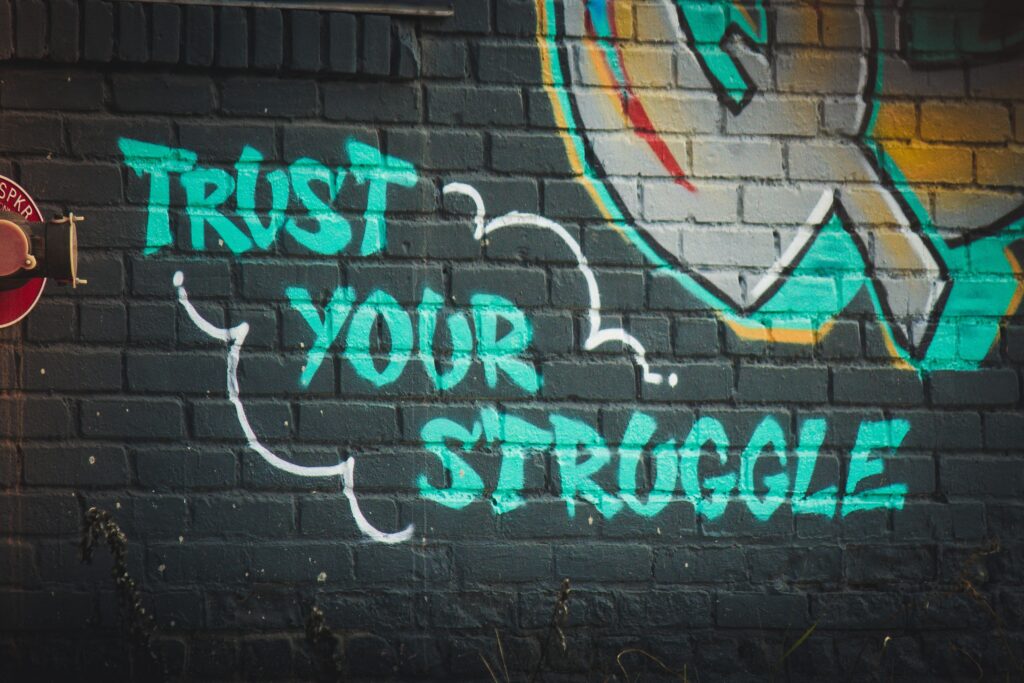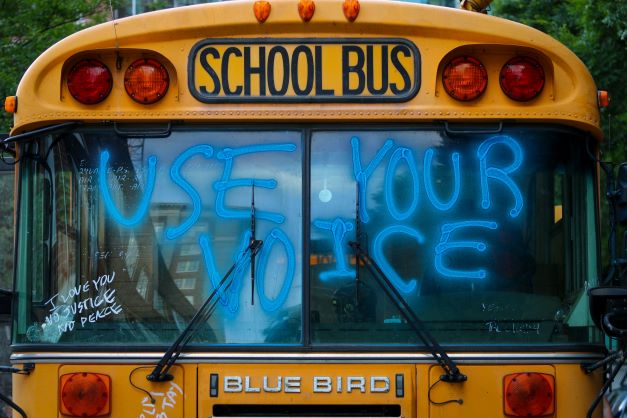Individual Psychological Safety for Organizational Race Work

Readiness is Foundational
After studying 30,000 smokers who successfully kicked the habit, University of Rhode Island’s psychology professor Dr. James Prochaska developed a model for how people make positive, lasting changes in their lives. One of his most significant findings is that people wanting to make a change (“I will quit smoking tomorrow”) often rush into action (throwing away all their cigarettes) before laying the necessary groundwork. Prochaska’s model shows that before taking action (preparation) and sustaining change (maintenance), you must pass through three stages: precontemplation, contemplation, and preparation.

The Conscious Competence Learning Model (CCLM) from our previous post, focuses on the stages we pass through as we learn. Prochaska’s model focuses on change readiness. The figure below presents the five stages that make up Prochaska’s change readiness model:

- Precontemplation means you don’t know what you don’t know. Someone at this stage, if you want to apply it to race and racism in the workplace, could be the executive who consistently confuses the names of the only two Asian American women who work in his organization. Or the manager who believes that racism is a relic of the past and so now let’s all get back to work.
- Contemplation is the Prochaska stage that recognizes that there is a problem. This is the delicate stage. The deficit view is, “this is going to be really hard.” The asset view: you’ve learned about this part of the journey and you can create opportunities to move beyond it.
- Preparation focuses on readying ourselves for action.
An Organizational Lens on Psychological Safety

Organizational race work will not be comfortable, but it must be safe. Research by Harvard Business School professor Dr. Amy Edmondson, has found that psychological safety must be present, especially when grappling with emotionally charged topics such as race and racism, because such topics insist on vulnerability. Before you make yourself vulnerable, you must first feel safe. Google conducted a massive four-year study to find out what differentiated great teams from not-so-great teams. The biggest differentiator by far of excellent teams at Google was psychological safety.
Advance your learning culture by discussing these questions through the lens of your organization.
- How can you create a more courageous company culture?
- How are mistakes looked upon?
- What happens when people risk something new, speak up, or are the lone voice that says, “no” when everyone else is saying “yes”?
- Are the “yes” people rewarded while those who challenge the status quo are sidelined and silenced?

Absolutely critical to race work is the ability for people to come to their jobs and speak up with impunity about what they know, what they don’t know, what they see, what they’re worried about, and what they aspire to be. That requires psychological safety and understanding readiness for change.

